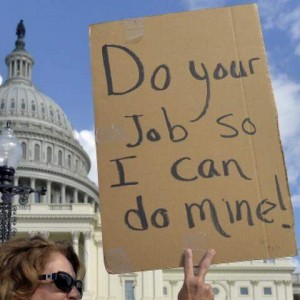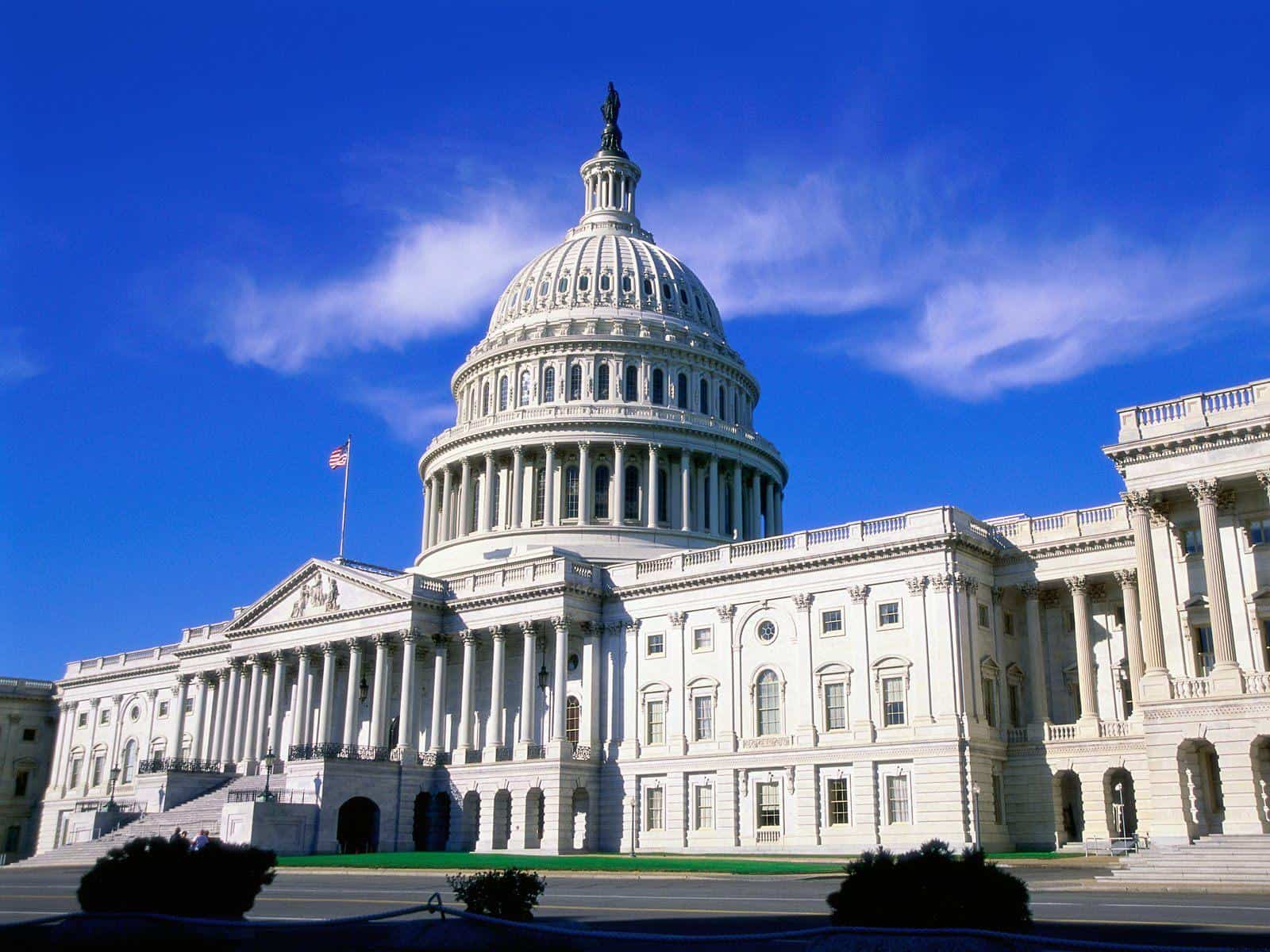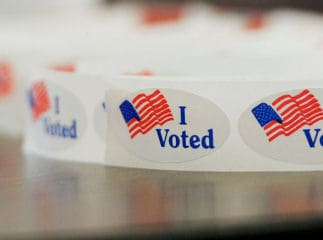America – Working for the Workers?
Things are looking pretty bleak for some honest American workers out there these days. With the government babies still having their temper tantrum federal employees with families and bills to pay are being left in the lurch in staggering numbers. The House guaranteed the workers furloughed by this shutdown the pay they’re missing out on once things get back on track, but all of us living in the real world know that utility companies, credit card companies, and other bill collectors don’t like to wait.
One would assume that in the eyes of those behind all this bickering the ends justify the means when it comes to what they believe will be financially best for the nation down the line, but is this really the way to go about exacting positive change moving forward? If the idea is to formulate a budget that will protect Americans in the future from inflation and losing their jobs is it really fair to force workers now to take unwanted time off in order to do it? Both parties are equally at fault in a situation like this; it comes from polarization and being uncooperative with one another, all the while the people who pay the politicians’ salaries are left in the wake  of their grand-scaled poker game. The Republicrats bicker among themselves to further perpetuate the illusion that they aren’t two sides of the same coin, vying for new support from budding groups of potential voters and investors, all the while keeping one thing in their focus: quantity. The quantity of money that can be contributed from corporations and special interest groups, and the quantity of people that if persuaded just right can keep them in office through upcoming elections. All this focus on sheer numbers takes away emphasis from the quality of groups and ideas that keep them in business.
of their grand-scaled poker game. The Republicrats bicker among themselves to further perpetuate the illusion that they aren’t two sides of the same coin, vying for new support from budding groups of potential voters and investors, all the while keeping one thing in their focus: quantity. The quantity of money that can be contributed from corporations and special interest groups, and the quantity of people that if persuaded just right can keep them in office through upcoming elections. All this focus on sheer numbers takes away emphasis from the quality of groups and ideas that keep them in business.
So what does that really mean? Well, break down the common conceptions of each party. The Republicans tend to be seen as the party in favor of capitalism and small government, as well as supposed “family values” and religious observation. If that’s your angle, where is the quantity? Target business – the biggest and richest corporations and lobbies out there. These are operated by a small group of gut-wrenchingly over-paid people with no ethics or morals whatsoever. Target religious groups with “family values” – still a large percentage of Americans, and when presented a candidate sharing in their religious conviction they will turn out in sweeping percentages to give their support. The western religions don’t allow for much moderation or many grey areas, remember that these are the modern-day representatives of those who brought us The Inquisition and the Salem witch trials, so if you’re on their team they’ll welcome you as one of the pack. Groups like the Tea Party and other grassrooters are also on the rise with a lot of Republican voters joining up. A lot of these groups talk of armed uprising, citing quotes by Thomas Jefferson and other founding fathers and supporting gun rights. These people are angry at someone and they want to intimidate their enemies and fight back like the colonies against the British Empire.
On the other hand are the Democrats. They’re seen as the party of secularism, civil rights, and government programs to help those in need. Even though some of them are called socialists, they still love money like anyone else. So they rake in contributions hand over fist from the same flavor of unethical, megalomaniacal corporations and lobbies as their “opponents” but somehow the liberal Democrats who don’t care for rabid capitalism turn a blind eye. The exponential unemployed and poverty stricken, and those otherwise down on their luck financially, need (or just want) the government assistance, so they’ll vote to keep their Medicaid and food stamps. The quantity outside of that can be found in groups of people that feel marginalized by the free market or fundamentalist Christians. With the Republicans being the party of angry tax-payers who want to overthrow the government, and them having the assault rifles and K-rations to do it, it’s easy for progressive-thinking pacifists to feel intimidated by a political party full of these people. “Non-traditional” Americans like immigrants, gays, and others who don’t feel at home with the bullies on the right will vote for anyone who will keep them and their children safe from machine guns and the racist boogeyman.
So bring all those people together and that’s the demographic the government at large is focusing on. Corporate America, the ultra-religious, the NRA supporters, the unemployed, the homeless, illegal immigrants, gays, racial minorities. Obviously I’m trying to summarize here, but if you get the idea (and remember where we started) you’ll see that there aren’t any special interest groups, lobbies, or political parties focused primarily on the people who have work, aren’t deathly ill, were born in America, aren’t in need of subsidized housing, and who aren’t the last member of a nomadic tribe. With the powers that be focusing on getting the money of the ultra-rich and the votes of the ultra-poor, what happens to the average citizens – the workers?
Capitalism, communism, fascism, cannibalism; they all pretty much stink. We’re an advanced people, haven’t we moved past the need for isms? The most of us are people who are essentially on our feet, people who have jobs, people who have bills – workers. Who speaks for us? Where’s the party that only worries about the majority that contributes most realistically to the economy and the zeitgeist? Help the business owners, help the homeless, what about help the middle class? The people who work for real money and spend real money that isn’t given to them by the government because they have 5 illegitimate children or in an account overseas benefiting from some of the lowest tax rates in the world. The economy is sustained by the middle class, the workers who hold real jobs in the real world. When socially marginalized types get bailed out by government programs and when the top 1% lays off its workers to see higher revenues it doesn’t really help the economy, it hurts the people that contribute their money and time to put the decision makers in their decision-making positions in the first place. The workers have the power, they have the know-how, the experience, the drive, and the strength to make a change. It’s time they get the respect and payment they deserve for what they do.




